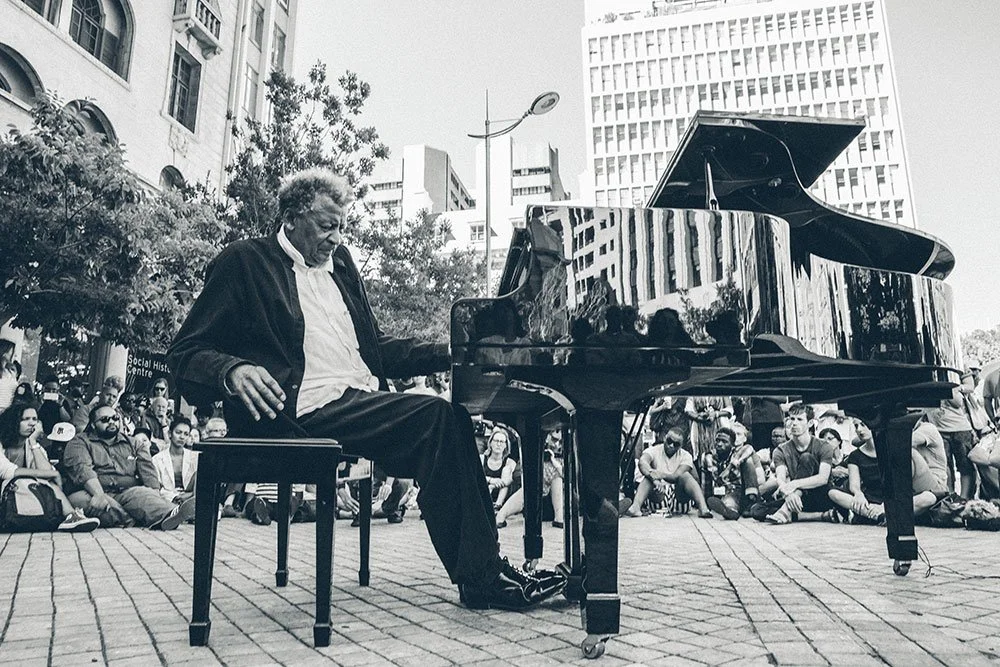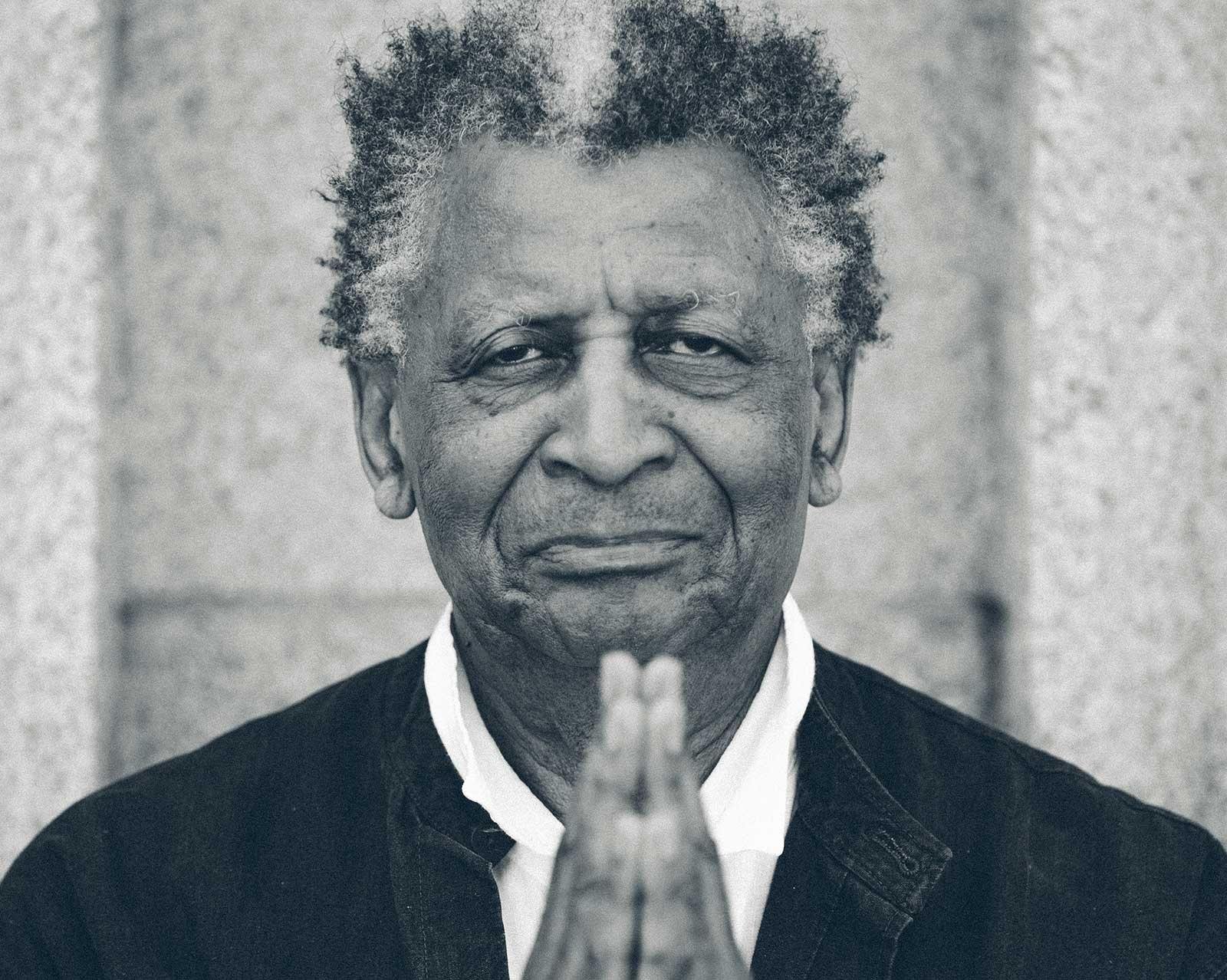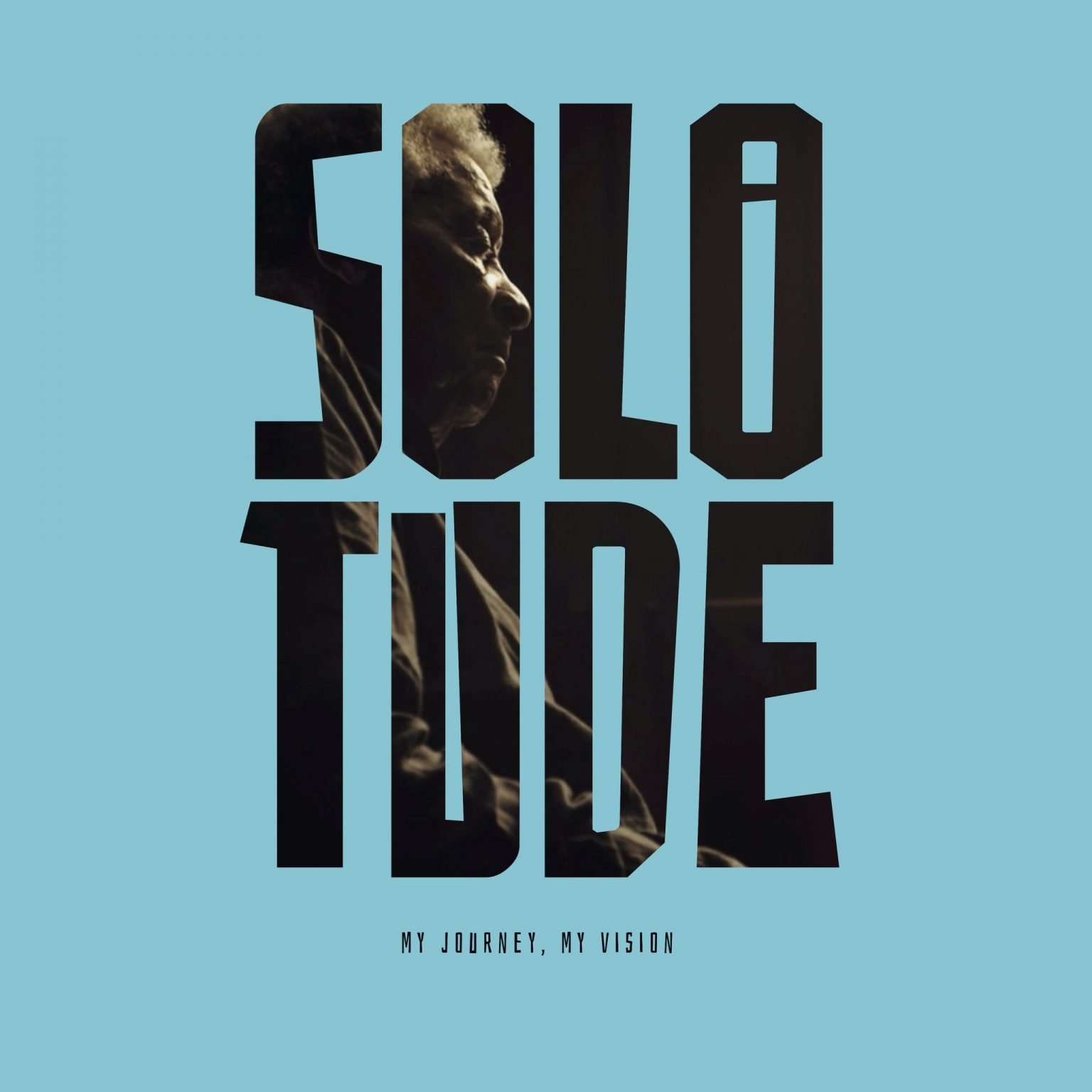Stir Cheat Sheet: 6 things to know about legendary South African pianist Abdullah Ibrahim
The prolific octogenarian artist coming to the Chan Centre played at Nelson Mandela’s 1994 inauguration
Abdullah Ibrahim. Photo by Shanna Jones
The Chan Centre for the Performing Arts presents Abdullah Ibrahim on November 19 at 7 pm at Chan Shun Concert Hall
ABDULLAH IBRAHIM HAS the kind of bio that’s staggering in its breadth. The prolific octogenarian pianist has spent decades travelling back and forth between the United States and South Africa when not touring around the globe, music being his source of life.
Born Adolph Johannes Brand in 1934 in Cape Town, the 89-year-old artist is also a composer, improviser, educator, and anti-apartheid activist. When he performs in Vancouver courtesy the Chan Centre for the Performing Arts, he’ll be joined by Cleave Guyton (on flute, piccolo, and saxophone) and Noah Jackson (bass and cello).
Here are a few things to know about the storied musician in advance of his local concert.
Ibrahim’s earliest musical exposure came from his grandmother, who was the pianist for the local African Methodist Episcopalian church, and mother, who led the choir. He grew up on traditional African chant-heavy Khoi-san songs as well as gospel tunes, Christian hymns, and spirituals. He began taking piano lessons at age seven and made his professional debut at 15.
The pianist became known as Dollar Brand and in his youth was influenced by American jazz, township jive, and classical music, among other genres. To this day he blends the secular with the religious, the ancient with the contemporary, to form his own sound, which includes improvisation. The New York Times has described his work as a “musical middle-state”.
Ibrahim founded the Jazz Epistles in 1959 with saxophonist Kippie Moeketsi, trumpeter Hugh Masekela, trombonist Jonas Gwanga, bassist Johnny Gertze, and drummer Makaya Ntshoko. Together, they recorded the first full-length jazz album by Black South African musicians. That same year, Ibrahim met jazz vocalist Sathima Bea Benjamin, whom he performed with and eventually married. (The couple have two sons: rapper Jean Grae and pianist Tsakwe. Benjamin died in 2013.)
As apartheid became more entrenched, Ibrahim and Benjamin left South Africa in 1962 for Zurich. In 1963, Benjamin managed to convince Duke Ellington to listen to her husband with his trio, which included Gertze and Ntshoko. That led to a recording session in Paris—Duke Ellington presents the Dollar Brand Trio—and opportunities to perform festivals and on TV and radio. In 1965, Ibrahim and his wife moved to New York, with Ibrahim going on to perform at Carnegie Hall and the Newport Jazz Festival. In 1967, he received a Rockefeller Foundation grant to attend The Juilliard School of Music.
In 1968, Ibrahim went back to Cape Town and converted to Islam, taking on his current name; two years later he made the pilgrimage to Mecca. In 1974 he recorded “Mannenberg – ‘Is where it’s happening’”, which became the unofficial national anthem for Black South Africans. After the Soweto student uprising in 1976, he organized an illegal benefit concert for the African National Congress. Soon after, he and his family went back to New York. There, he played at the 1988 concert in Central Park commemorating the 70th birthday of Nelson Mandela. Back in South Africa in 1994, he played at Mandela’s inauguration.
Ibrahim has been the subject of several documentaries, including Chris Austin’s 1986 BBC film A Brother with Perfect Timing and 2004’s A Struggle for Love by Ciro Cappellari.
Ibrahim has released scores of albums, including 1979’s Echoes from Africa, 1988’s Ode to Duke Ellington, 2014’s African Piano, and 2021’s Solotude. “Difficult, unpredictable, often artistically uncompromising, Ibrahim remains a singular force in South African life,” according to University of the Witwatersrand, Johannesburg, which granted him an Honorary Doctorate of Music. “His cultural and political contributions over half a century have made him a legend in his own time. He is also a symbol of times preferably forgotten but that can be remembered with more compassion and forgiveness because of his music. He is an archetypal South African composer and guardian of many powerful memories. Some pieces, such as Mannenberg, Soweto, The Wedding, The Mountain and African Marketplace, have become classics more than any other South African music has. His output of recordings now probably exceeds 300 album titles.”
Ibrahim has his black belt in martial arts and a lifelong interest in zen philosophy. His ancestral name is Senzo, meaning “ancestor” in Japanese.















